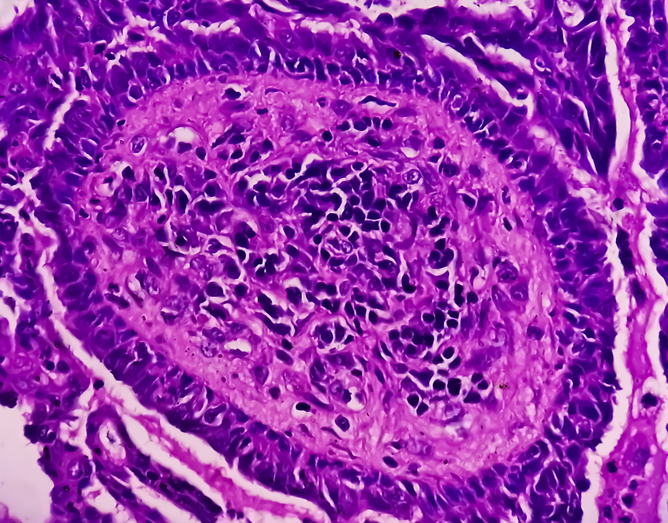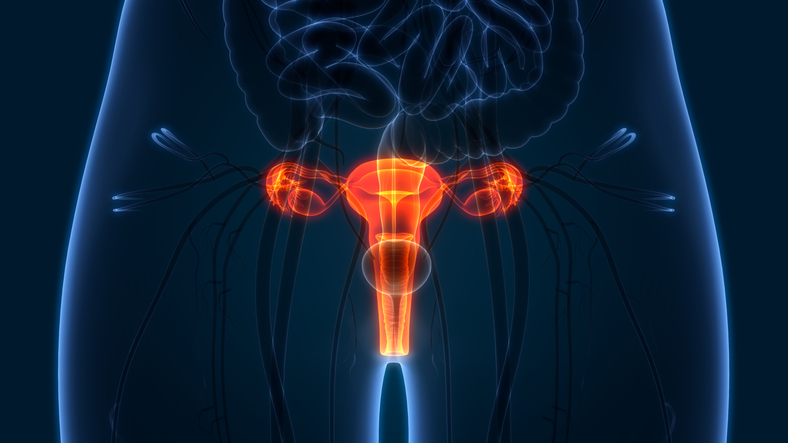
A two-sample Mendelian randomized analysis was performed to determine the effects of anti-CD20 antibodies on the occurrence and progression of endometrial cancer.
The research group, led by Jinqui Su, collected data of MS4A1 single nucleotide polymorphism encoding gene of CD20 from the genome-wide association study (GWAS) and performed a drug target Mendelian randomization analysis to detect the causal relationship between anti-CD20 antibody and the risk for endometrial cancer. The risk for follicular lymphoma was used as a positive control, and endometrial cancer was used as the outcome.
Results
- Endometrial cancer exerted an effect on 28 immunophenotypes, predominantly on CD20; CD20 expression increased in immunoglobulin D+ CD38- B cells, memory B cells, and unswitched memory B cells increased after endometrial cancer onset.
- The researchers detected one immunophenotype that specifically exerted a dangerous effect on endometrial cancer: CD3/TD CD4+ (mature stage of the T-cell group).
- CD20 could be used as both a risk factor and protective factor for endometrial cancer (P>.05).
- Anti-CD20 antibodies significantly reduced the risk for follicular lymphoma, including two GWAS pooled datasets.
- Anti-CD20 antibodies exerted a protective effect on endometrial cancer in two GWAS pooled datasets (P>.05).
These results confirm the close relationship between CD20 protein and endometrial cancer: Anti-CD20 antibodies exert a protective effect on endometrial cancer and reduce the risk for disease morbidity, thus providing a potential reference for future clinical diagnosis and treatment. Further clinical verification of these results is warranted, the researchers noted.







 © 2025 Mashup Media, LLC, a Formedics Property. All Rights Reserved.
© 2025 Mashup Media, LLC, a Formedics Property. All Rights Reserved.